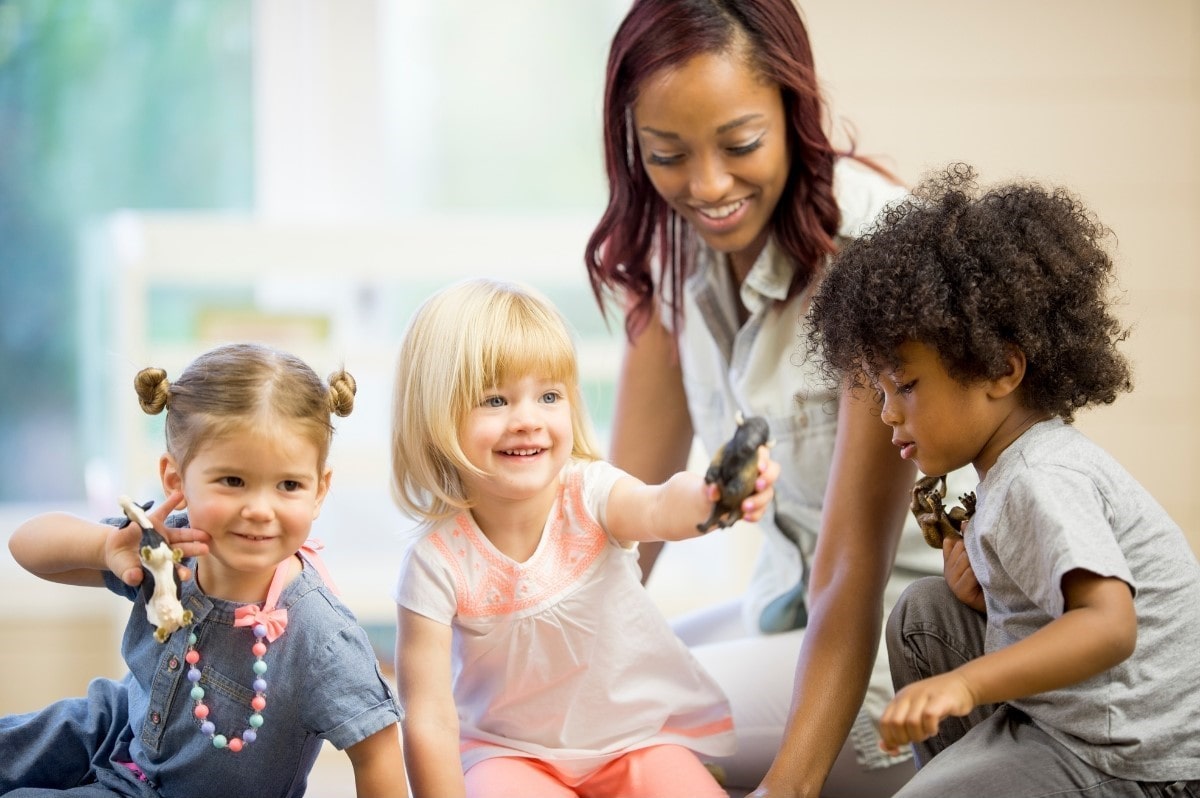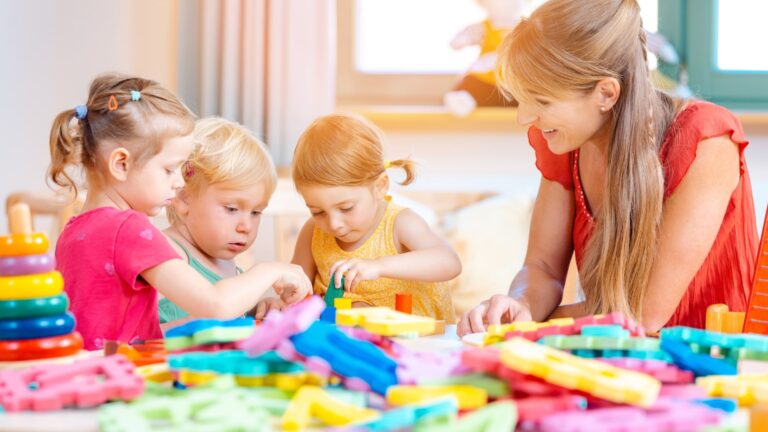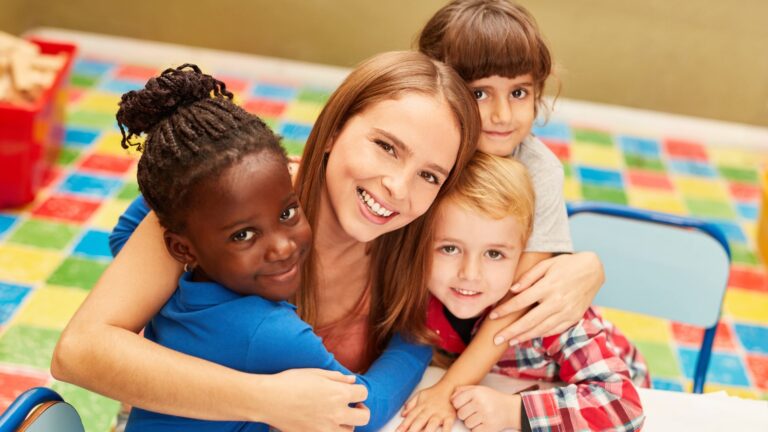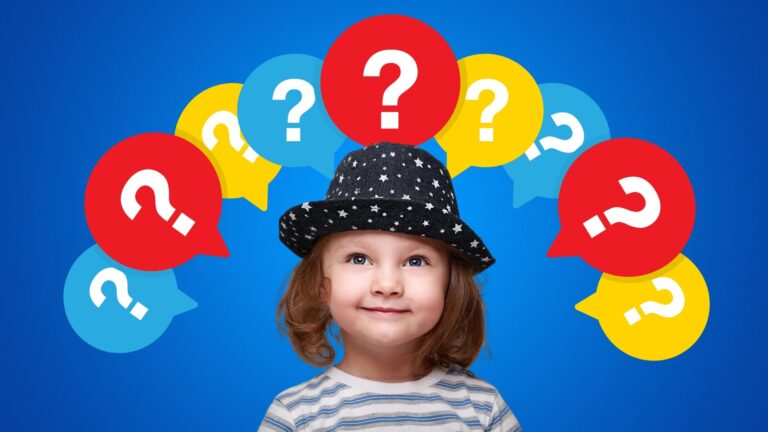The Kindness Curriculum
A Mindfulness-Based Program for preschoolers
As an early childhood educator, you play a critical role in shaping the minds and hearts of young children. By teaching the Kindness Curriculum, you can help your students develop the skills and attitudes they need to thrive in school and in life.
Early scientific findings suggest that the Kindness Curriculum, developed by
the Center for Healthy Minds at the University of Wisconsin-Madison, promots self-regulation and prosocial behavior in young children.
What is the Kindness Curriculum?
The Kindness Curriculum is a mindfulness-based program designed to cultivate kindness and well-being in young children. Developed specifically for children ages 4-6 years old, this 24-lesson curriculum is written sequentially so that each lesson builds on and refers back to lessons that have come before.
Teaching Mindfulness Practices
The Kindness Curriculum is not just about teaching children to be kind to others. It’s also about teaching them to be kind to themselves. Through mindfulness practices like belly breathing, body scans, and mindful movement, children learn to tune in to their own thoughts and feelings. They learn to recognize when they are feeling stressed or upset, and they learn how to calm themselves down.
Lessons on Gratitude, Generosity, and Compassion
In addition to mindfulness practices, the Kindness Curriculum also includes lessons on gratitude, generosity, and compassion. Children learn to appreciate the good things in their lives, to share with others, and to empathize with those who are suffering.
Flexibility and Adaptability
One of the great things about the Kindness Curriculum is that it is flexible and adaptable. While the lessons are written as one possible way to share and engage with the content and practices presented, each person who offers the lessons is not expected to memorize and teach the lessons exactly as they are written. Instead, you can modify the lessons to fit the needs and interests of your students.
Benefits of the Kindness Curriculum
While the benefits of the Kindness Curriculum demonstrated by research conducted by the Center for Healthy Minds are specific to the context of its original studies, there is evidence to suggest that mindfulness-based programs can have a positive impact on children’s well-being. By teaching the Kindness Curriculum, you can help your students develop important skills like self-awareness, self-regulation, and empathy. These skills can help children succeed academically and socially, and can also contribute to their long-term health and happiness.
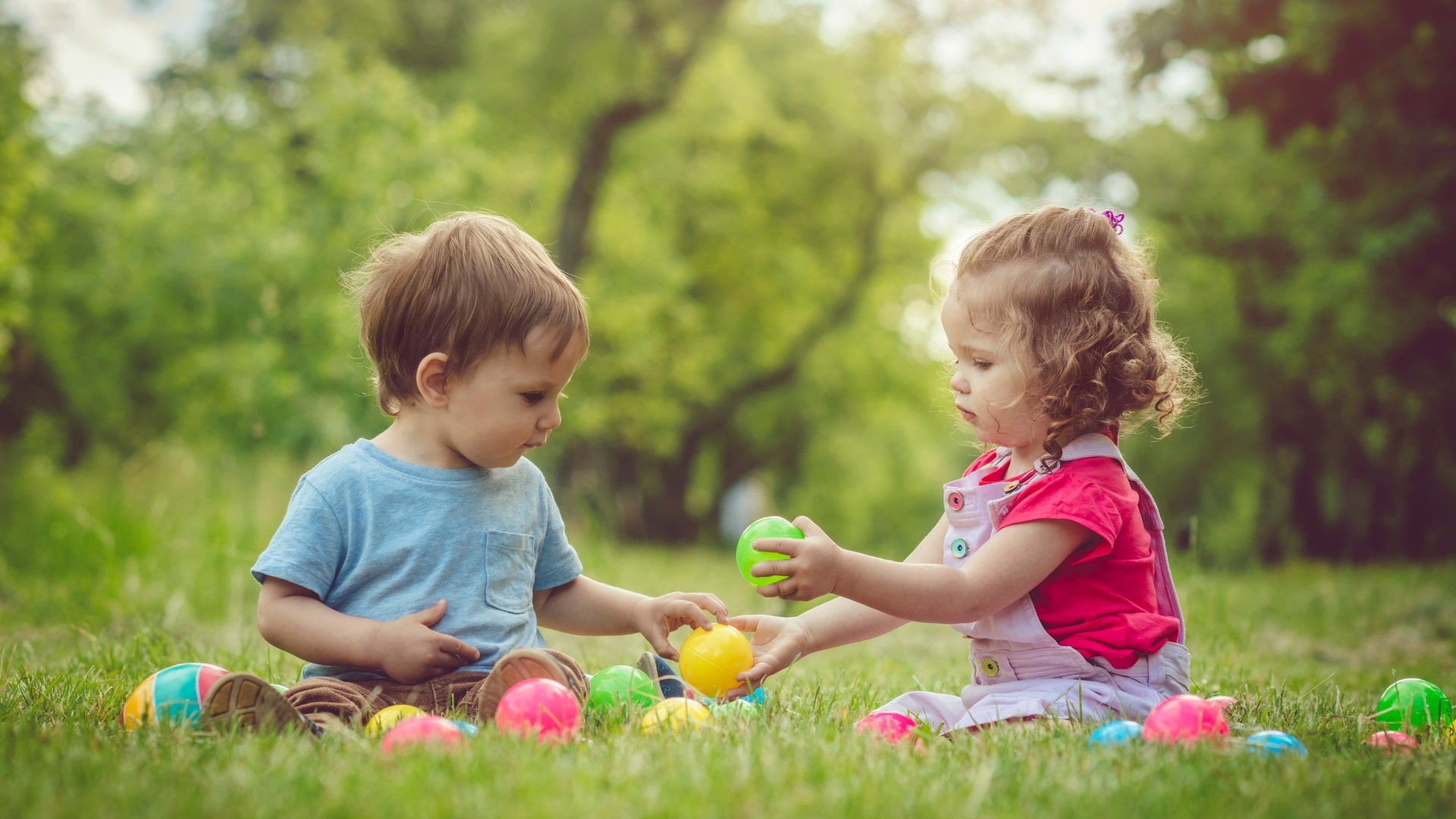
The Kindness Curriculum is a valuable resource for early childhood educators who want to help their students develop the skills and attitudes they need to thrive in school and in life. By teaching mindfulness practices, gratitude, generosity, and compassion, you can help your students cultivate kindness and well-being.
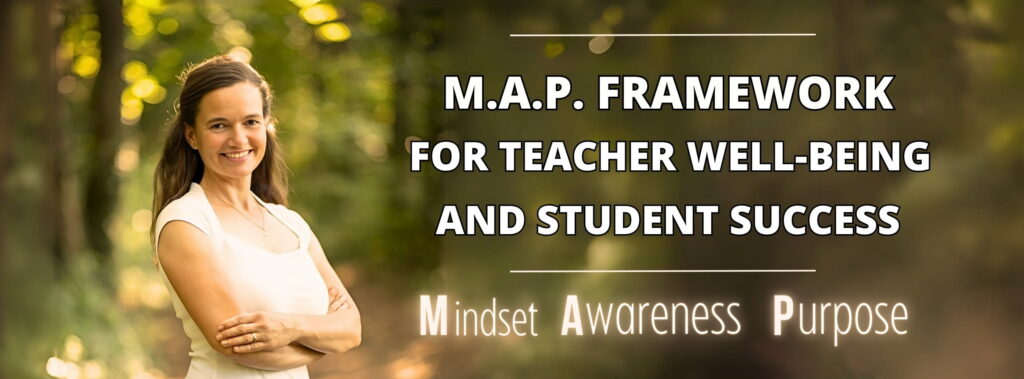
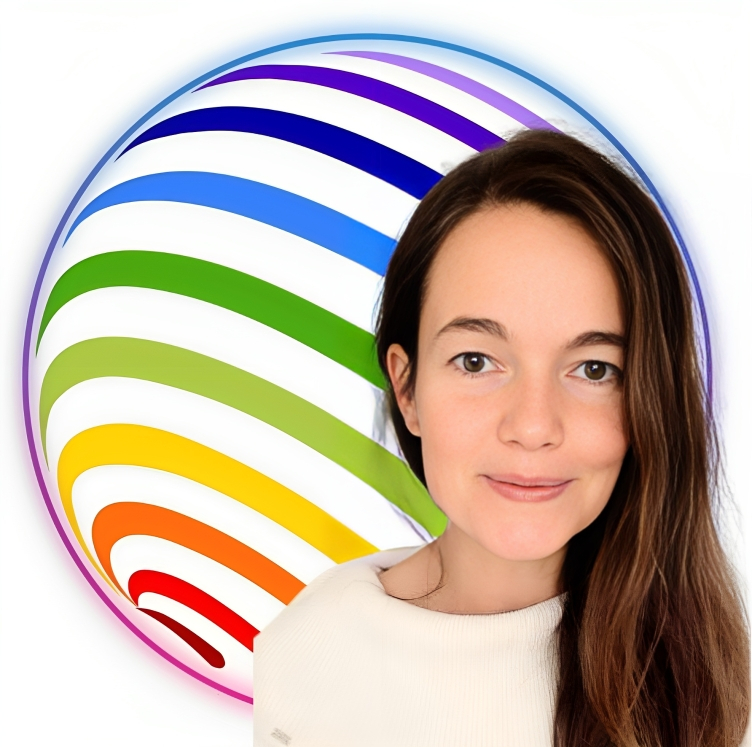
Klavdija Svet, author of Elevate to Educate
Elevate your teaching skills and stay ahead of the curve! Receive our monthly Insights, packed with professional development opportunities, classroom inspiration, and the latest trends in education. Don’t miss out on the chance to take your teaching to the next level. Subscribe now!

